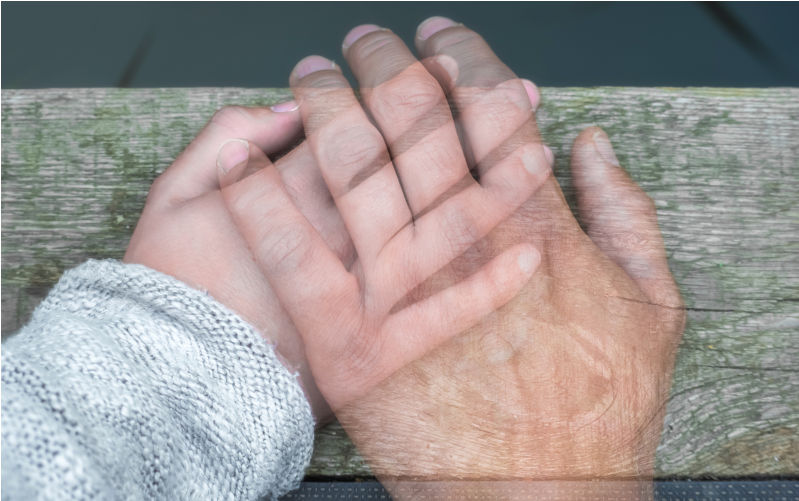Poem: Intimations of mortality
September 9, 2024
Today it is hard to believe in the spiritual power of Nature, because our social behaviour is doing so much damage to it. Being obsessed with economic success and technological achievements, we live in a permanent state of stress and ambivalence, unable to make peace with Nature and with ourselves.
In this age of post-modernity
we are, not surprisingly,
or with some intent maybe,
less caring of mortality.
So let me grasp the opportunity
to write an epitaph which we
of this earth’s vast society
can see as the epitome
of our life’s goal, gist, and philosophy -
a touch of immortality,
before death’s cruel gravity
pulls every one of us away into infinity
ending life’s unpredictability
and twisting fate into fatality.
It is with seasoned incredulity
that I transverse the complex circuitry
of life’s ironic sophistry
and structure-less cacophony,
searching for some security
which — beyond life’s normality
and deep irrationality —
allows our fleeting souls to flee
into another realm, where we are free
to feel as boundless as the sea
and in an unrepentant glee
love our life. What could that be?
A sense, I think, of individuality,
the space which every he or she
of any nation, creed, class or ethnicity
will occupy strategically
to assert, through sheer activity,
and ceaseless productivity,
their separate identity
and unique personality.
Yet when I think again, more seriously,
I see an altogether different key
to our life’s short finality
and inexplicable causality.
The more essential harmony
of everybody’s history
lies but in communality.
Work, play, love, friends and family
give rhythm to life’s disparity,
which may, so sweet and happily,
occasionally
soothe our troubled fantasy
in mutual spirituality.
But finally
there is a fee
to pay to the community:
until death parts us from society
all human effort, you’ll agree
demands responsibility.
The uppermost human faculty
our choice for failure or for liberty
lies not in wealth, success, or in technology —
the endless cause of animosity —
but in a morality
towards other humans, nature and cosmology
particularly
as we face the global anomaly
of this unsettled century.
The quest is not for any new discovery
or more illustrious commodity.
We’ve reached the pinnacle in the capacity
of growth. Fatigued by postindustrial voracity
we grope, subdued, for a mentality
of sharing. Here lies the hardest ever challenge for humanity.
I won’t reach immortality
indulging in soliloquy,
so let me end it easily
and in all confidence decree
life’s inmost secrecy:
to be or not to be
Memento Mori.
In 1991, two years before my 50th birthday, a colleague at the University asked me what kind of epitaph I would like to have engraved on my tombstone. I didn’t want to make it too personal, and after thinking about it for a while, came up with a general answer which would be relevant not just for myself, but for others too. Now, as I have reached the final stage of my life, I see new meaning in it.
Wordsworth’s ode Intimations of Immortality came to mind when I thought of a title. At the turn of the 19th century the romantic poet was struggling with the adverse impact of the early Industrial Revolution in Europe, especially the loss of union with Nature. Countering it, he professed his profound admiration and spiritual love for the beautiful natural environment he lived in. It still provided him with a sense of immortality.
Today it is hard to believe in the spiritual power of Nature, because our social behaviour is doing so much damage to it. Being obsessed with economic success and technological achievements, we live in a permanent state of stress and ambivalence, unable to make peace with Nature and with ourselves.
And yet, it’s not all gloom and doom. Even if we have lost any sense of immortality, there is still an important and worthwhile task for us humans: to accept responsibility for Nature, for ourselves, and for each other.

